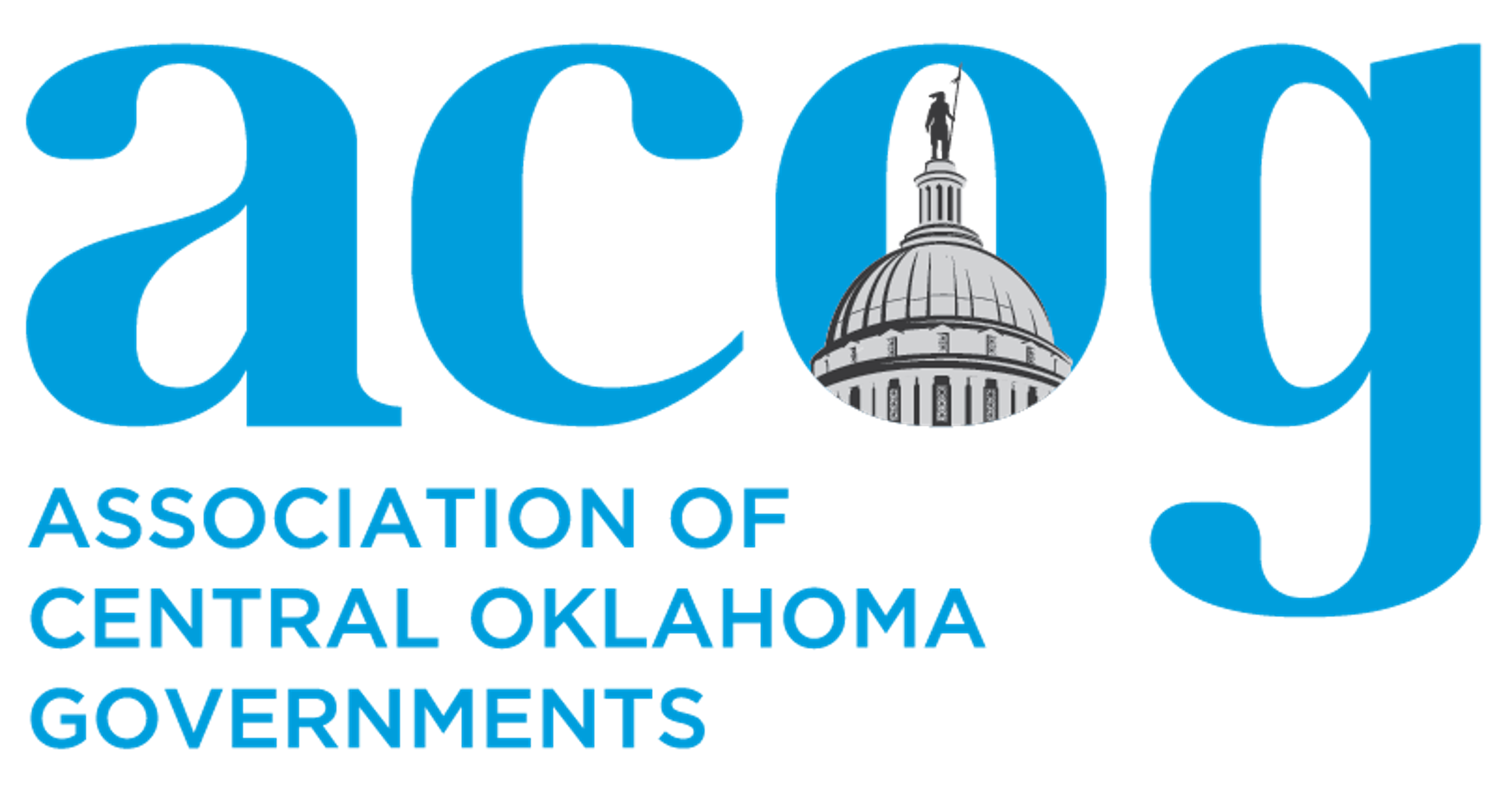COMMUNITY & ECONOMIC DEVELOPMENT GRANTS
Rural Economic Action Plan (REAP) Grants
The Oklahoma Legislature has appropriated funding for small, rural communities with populations under 7,000 called the Rural Economic Action Plan (REAP). According to state legislation, the funds related to REAP projects are distributed through the 11 councils of government in the state, including ACOG.
ACOG administers the grant process in Central Oklahoma for REAP projects, with a $100,000 maximum for a single grant.
REAP grants require no match and may fund projects such as road and street construction or repair, drainage projects, rural highway improvements, county bridge construction or repair, industrial access road construction or repair, among other specific transportation projects.
DEADLINE: Usually October
CONTACT: Christopher Bluth, Community & Economic Development Manager (405) 234-2264
Community Development Block Grant Program
Community Development Block Grant (CDBG) program is a flexible program that provides communities with resources to address a wide range of unique community development needs.
DEADLINE: TBA
CONTACT: Christopher Bluth, Community & Economic Development Manager (405) 234-2264
Economic Development Grants
ACOG was designated an Economic Development District in 2013. We manage the Comprehensive Economic Development Strategy for Central Oklahoma including regular updates to the plan. We also provide technical assistance to ACOG members interested in applying for economic development grants from the U.S. Economic Development Administration, a division of the U.S. Department of Commerce.
DEADLINE: No deadline; Grants may be submitted year round. They are, however, reviewed quarterly by U.S. EDA.
CONTACT: Christopher Bluth, Community & Economic Development Manager, (405) 234-2264.
TRANSPORTATION GRANTS
Air Quality Small Grant Program
The Air Quality Small Grant Program funds transportation infrastructure projects and congestion relief efforts that strive towards the betterment of regional air quality. A minimum of $200,000 is make available annually through a competitive grant process. A variety of projects are eligible, but all serve to address long-term reductions in transportation-related emissions that contribute to the formation of ground-level ozone.
CONTACT: Hannah Nolen, Program Coordinator
DEADLINE: Grant applications are typically made available in the spring.
Coronavirus Response & Relief Supplemental Appropriations Act (CRRSAA) Funding
With the passage of the Coronavirus Response and Relief Supplemental Appropriations Act (CRRSAA), the ACOG MPO has received approximately $8.9 million for transportation projects in the region. CRRSAA funds can be used for projects that are eligible for Surface Transportation Block Grant (STBG) program funding. This funding is 100 percent federal, so no local match is required. In order to meet the obligation deadline of September 30, 2024, only the following project types are eligible for ACOG CRRSAA funding: Safety Projects such as signage, pavement markings, pedestrian signals, and guardrails; Bicycle and Pedestrian Projects such as signage and pavement markings; Minor Resurfacing Projects that do not require extensive NEPA and; Adding CRRSAA funds to a previous selected STBG-UZA or TAP project. All projects must be located on a functionally classified road. ACOG will be conducting a one-time Call for Projects in fall 2022 in which municipalities can submit project application(s) requesting up to $500,000.
CONTACT transportation@acogok.org for more information.
Fleet Maintenance Grants
Clean Air Grants for public sector fleets are available through ACOG. This grant funding allows member local governments and other eligible entities to utilize Congestion Mitigation Air Quality (CMAQ) funds for fleet conversions to clean fuel technologies to include light duty, medium duty and heavy duty alternative fuel vehicles, hybrid and plug-in hybrid vehicles, and alternative fuel vehicle refueling infrastructure.
DEADLINE: Grant applications are typically made available in the spring.
CONTACT: For more details, contact Eric Pollard, Air Quality & Clean Cities Manager.
Surface Transportation Block Grant Urbanized Area (STBG-UZA) Grants
In 2015, the Fixing America’s Surface Transportation (FAST) Act converted the long-standing Surface Transportation Program (STP) into the Surface Transportation Block Grant Program (STBG) The STBG promotes flexibility in state and local transportation decisions and provides flexible funding to best address state and local transportation needs. Since 2012, the Association of Central Oklahoma Governments, the region’s Metropolitan Planning Organization (MPO), has distributed $111,032,833 to members. To learn more click here to download a 2017 presentation on STBG-UZA program.
Transportation Alternatives Program (TAP)
The Transportation Alternatives Program (TAP) is a set-aside of the Surface Transportation Block Grant (STBG) program. The TAP program funds projects such as sidewalks, bike lanes, recreational trails, community improvements, and environmental mitigation related to stormwater and habitat connectivity. Since the inception of TAP, ACOG has held two calls for projects: The first in 2014 and the second in 2017. The next call for projects will be in 2022. Communities within the ACOG Urbanized Area are eligible to apply for these funds through ACOG. Communities outside the ACOG Urbanized Area must apply through ODOT.
Contact: Jordan Evans, Associate Planner – Multimodal
Recreational Trails
The Recreational Trails Program (RTP) is a state-administered, federal aid program managed through the Oklahoma Tourism and Recreation Department (OTRD) and the Federal Highway Administration (FHWA) in consultation with the Department of the Interior. The program began as part of the Intermodal Surface Transportation Efficiency Act (ISTEA) of 1991 and is now included in the FAST ACT. The Recreational Trails Program is a reimbursable 80/20 matching grant. In order to be eligible for funding through the Recreational Trails Program, each State must have a Recreational Trails Advisory Board. This Board must represent both motorized and non-motorized trail users. The Oklahoma Trails Advisory Board (OTAB) has nine members, seven of whom represent various types of trails use statewide, and two at-large members.
Visit TravelOK.com for more information
CONTACT: Rhonda Moore, Federal Programs Manager, Oklahoma Tourism and Recreation Department, 405-522-9522, or by email at Rhonda.moore@travelok.com.
